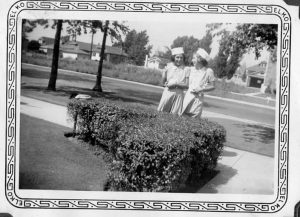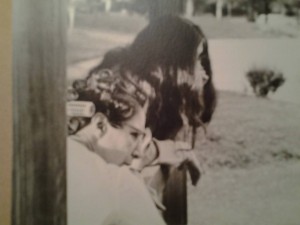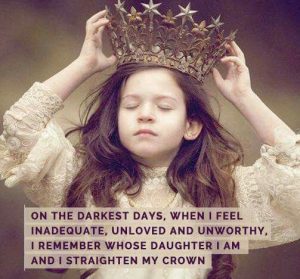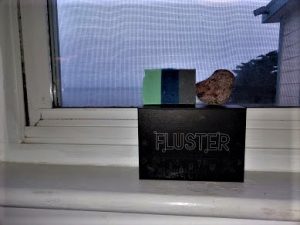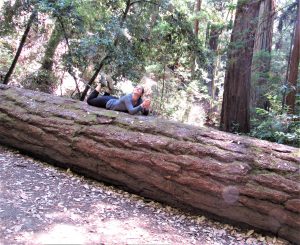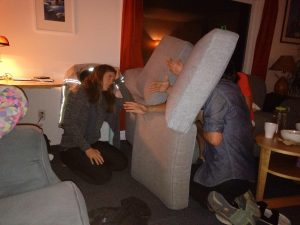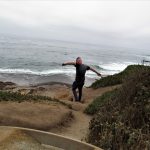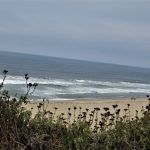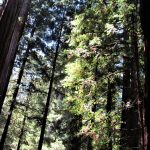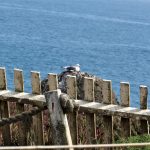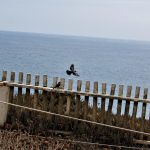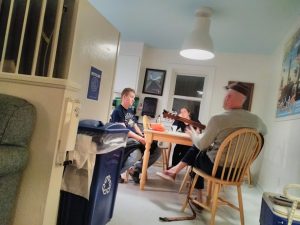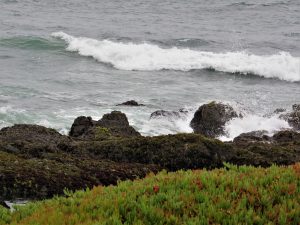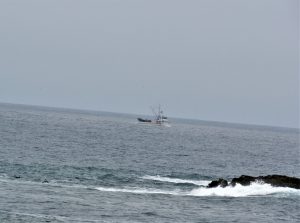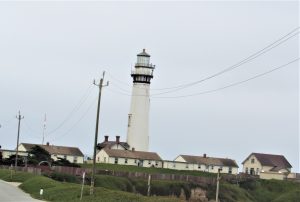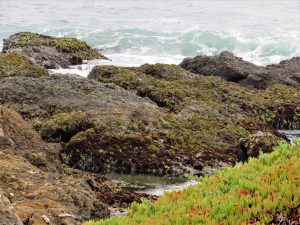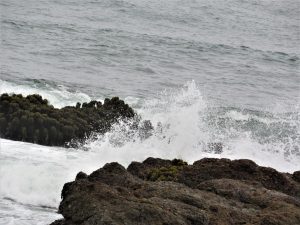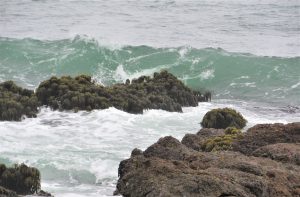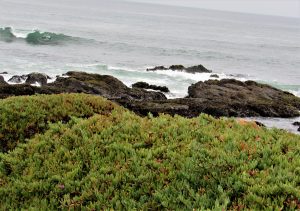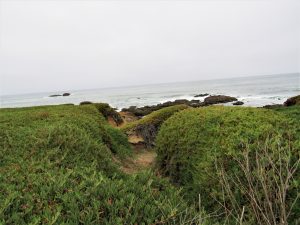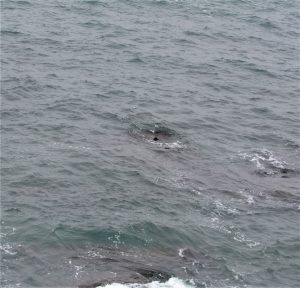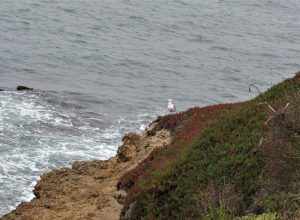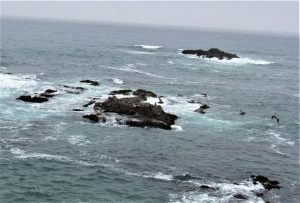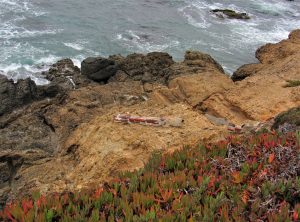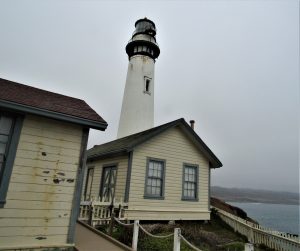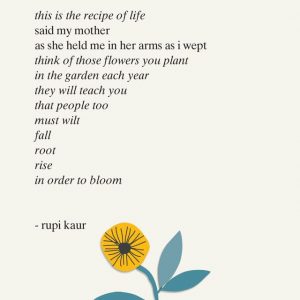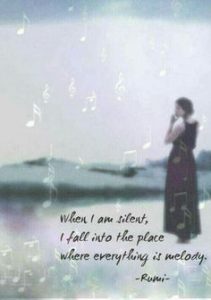Whenever I skip a day in this blog, I hear from at least one, often more, of my friends who read my entries. To them, now, here, I say: Thank you so much for caring.
To you all, I make this disclosure: Now and then, the words write themselves in my head but my body will not cooperate and record what my mind creates. Last night saw that stubbornness. I collapsed on my bed and read until I finally felt drowsy enough to turn out the light. I woke at 4:00 a.m. with words rising from consciousness. Now I should be showering and dressing but instead I’m letting them flow. I might be late.
Here’s what I want to tell you — five difficult things about me. I articulate this list to encourage you to turn to your spouse, or partner, or child, or sibling, or friend, and disclose five difficult things about yourself. Take my example, only take it down to an intimate level. If the person truly cherishes you, the disclosures will strengthen the bonds. If the person’s affection for you cannot withstand the disclosures you make, you will stumble past the encounter with an understanding that you must seek new relationships which can sustain your darkest hours. I pray the former result for you.
Either way, you will strengthen your own faith in yourself.
So, here, then, are five difficult things about me.
- At the age of eighteen months, I sat down on my bottom and refused to keep walking. For the next several decades, I would suffer under a different diagnose with each change of health insurance providers. Nobody believed my symptoms until a physician named Joseph Brewer at St. Luke’s Hospital in Kansas City. He saved my life and probably my sanity. Every once in a while, less often now because of a new medication that I take, I became so ill that I cannot function. That happened to me over the last few days, culminating in last night’s exhaustion.
- I’m afraid of people who shout. My father shouted at my mother and all of us, all the time. His shouting terrified me. It opened wounds in me that have not healed. His physical punishment of us did not frighten me as much as the sound of his raised voice. I’ve begged people in my adult life not to shout at me. I cannot endure yelling. I become cold and closed. I acknowledge that I often regret not resolving this fear and further, that professional help might have facilitated its resolution. But I frankly consider my request that people not shout to be extraordinarily reasonable. As with the fear of poisonous snakes or people with assault rifles, my fear of shouting helps me recognize dangerous situations from which I can hastily extricate myself one way or the other.
- I don’t like opening mail. This distaste extends to all mail. Bills, junk, birthday cards — all invoke queasiness deep in my belly. I think in another life, my death sentence must have come by post. I often push unopened mail in drawers and extract them one letter at a time over a period of days. If I don’t acknowledge an invitation which you sent via mail, consider calling me.
- Oh — but wait. I don’t like talking on the phone, either. I can’t hear well and I depend on sketchy but constant visual cues to help me follow what a person says. I watch their mouth, eyes, hands, and the way they hold their shoulders. My ability to complete the dropped syllables which my brain did not decipher drastically declines over the phone. (Try e-mail if you really want to reach me. But not text; my clumsy fingers rebel at the difficulty of the virtual buttons. Heh heh.)
- I cry at Hallmark commercials. I can recount the script of most of them. The one which gets me the quickest and the fiercest involves a brother coming home and slipping into a family group singing Christmas carols at the piano. His younger sibling looks adoringly into his face. I can’t say whether that’s the moment which I found so touching. It could be the impossible scene of a family harmony that I never experienced. Songs around a piano, for goodness sake. Did people actually do that? My tears mix joy with sorrow. I’m happy for the young child whose beloved brother has returned in time for the holiday. I’m crushed for myself. I love my siblings. I loved my mother. And we did sing, I know we did; but never around a piano and never with that delicious abandon of the Hallmark family.
So that’s five difficult things about me. If you don’t have a loved one to whom you can make your Five Difficult Things confession, you can e-mail me at ccorleyjd@gmail.com. I’ll listen. I’ll care. I will be here.
It’s the thirteenth day of the fifty-seventh month of My Year without Complaining. Life continues.

